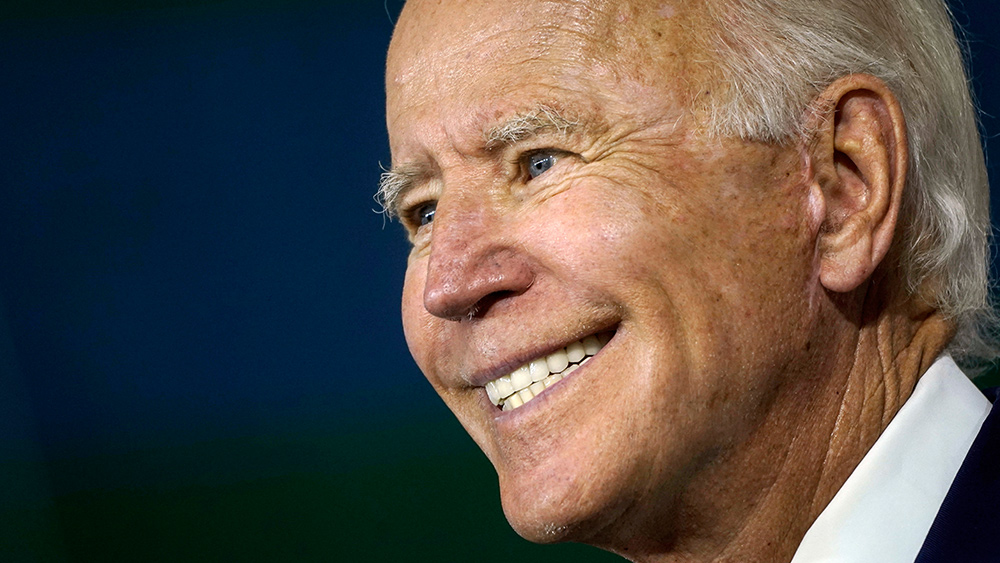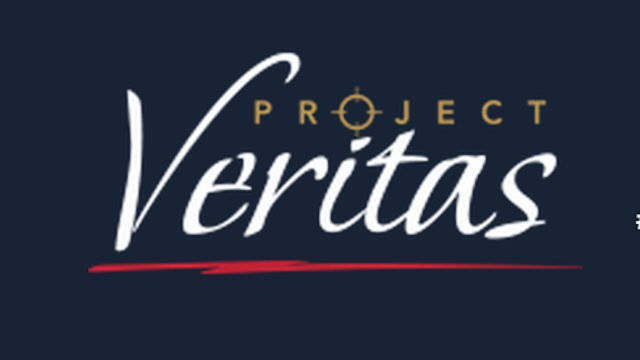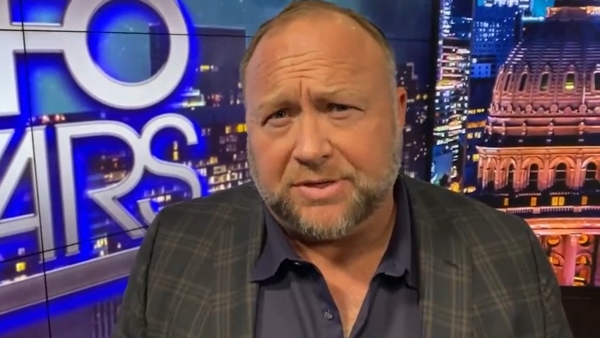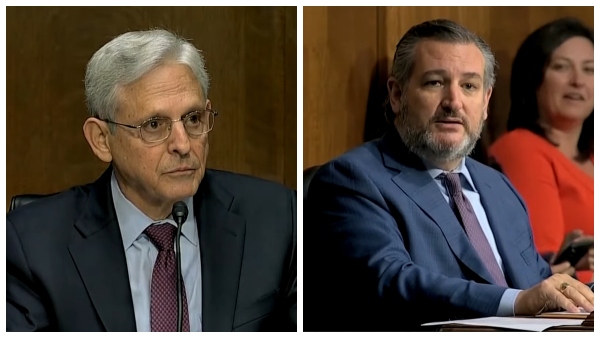Texas Senate passes bill protecting users from Big Tech political censorship
04/06/2021 / By Ramon Tomey

Lawmakers in the Texas Senate have passed a bill that safeguards Americans from political censorship on social media platforms. Under Senate Bill 12, which passed on April 1, social media firms with at least 100 million users per month are prohibited from blocking, banning, demonetizing or discriminating any user simply because of their political views. The lawmaker behind the bill said the measure is designed to “get Texans back online.”
Republican State Sen. Bryan Hughes said the measure would apply to YouTube, Facebook and other platforms. The state lawmaker said in a video posted on Twitter: “I think we all have to acknowledge [that] these social media companies are the new town square, [and] a small group of people in San Francisco can’t dictate free speech for the rest of us. It needs to be an open exchange of ideas, and Senate Bill 12 is going to get Texas back online.”
Two companion bills have also been sent to the state’s lower chamber.
The new law’s provisions mandate that Big Tech companies to publicize their moderation policies. They will also be required to publish reports about the blocked content on their platforms and set up an appeals process for content that had been taken down. Hughes added that the bill is now on its way to the Texas House of Representatives, and projected an optimistic outcome for it. He also expressed hope that Gov. Greg Abbott will sign it into law soon. However, the state senator conceded that the law will most likely face legal challenges.
Speaking to the Texas Tribune, Hughes explained: “Even though they’re private actors, because they are common carriers … [and] they chose to enter this business and offer their services, then they are bound by certain rules.” While he acknowledged that the problem “cries out for a federal solution,” he believed that the bill would serve as a benchmark for other states to follow and eventually become the basis for a federal mandate.
Texas is the only state actively fighting Big Tech censorship
While Hughes acknowledged the possible legal challenges facing Senate Bill 12, he remarked that he and his team of lawyers are prepared to take the fight to court. He told NTD back in February: “We know we’re going to be sued if we pass this bill. Facebook, Google and Twitter have armies of lawyers and lobbyists who will be fighting us on this. But we’re on the right side, the law is on our side. We expect to see this bill pass [and] put in place [to protect] Texans’ free speech.”
Hughes is not the only lawmaker from Texas standing up to Big Tech censorships. U.S. Sen. Ted Cruz has been actively fighting the wanton censorship implemented by technology giants on conservatives from his position at Capitol Hill.
Back in 2019, Cruz put forward three solutions to Big Tech censorship during an April 2019 Senate Judiciary Committee hearing. Those solutions included amending Section 230 of the Communications Decency Act of 1990, antitrust measures to break up Big Tech monopoly and immediate action on potential fraud and deception cases. According to Cruz, the current technology monopoly has more power than the Standard Oil and AT&T monopolies of yesteryears.
First, Cruz explained the rationale behind amending Section 230. The provision granted “special immunity” to social media companies back in the 1990s, with the understanding that these “neutral public forums” will host content. However, this did not include regulating content uploaded on their platforms. “If Big Tech wants to be partisan and political speakers, it has that right. [But] it has no entitlement to a special immunity from liability under Section 230 … that nobody else enjoys,” Cruz said.
Second, Cruz suggested the use of antitrust laws against technology firms to address their dominant status on the internet. He explained: “Applying the antitrust laws is complicated because the Big Tech companies are larger and more powerful than Standard Oil and AT&T when they were broken up. If we have tech companies using their monopoly to censor political speech, I think that raises real antitrust issues.” (Related: Sen. Ted Cruz: Big Tech censorship “greatest threat to free speech and democracy.”)
Lastly, the U.S. senator proposed investigating potential fraudulent behavior on social media platforms. “Most users of Facebook, Twitter [or] Google – when they use those services – they don’t envision they’re participating in a biased forum. [They] believe that when they speak, [the] people that choose to follow them will hear what they say – and there are distressing pieces of evidence that suggest that’s not the case,” he commented. Cruz added that the Federal Trade Commission can litigate potential cases of fraud and deceptive behavior, and slap fines on firms proven to engage in such activity.
Visit TechGiants.news to read more about biased censorship practiced by Big Tech firms.
Sources include:
Tagged Under: appeals procedure, banned, Big Tech, Bryan Hughes, Censored, content moderation, Facebook, First Amendment, free speech, freedom, internet censorship, Liberty, political censorship, Senate Bill 12, social media platforms, tech giants, Texas, Twitter, YouTube
RECENT NEWS & ARTICLES
COPYRIGHT © 2017 FIRSTAMENDMENT.NEWS
All content posted on this site is protected under Free Speech. FirstAmendment.news is not responsible for content written by contributing authors. The information on this site is provided for educational and entertainment purposes only. It is not intended as a substitute for professional advice of any kind. FirstAmendment.news assumes no responsibility for the use or misuse of this material. All trademarks, registered trademarks and service marks mentioned on this site are the property of their respective owners.




















